Solutions
Business analytics
- Supply Chain Optimization
- Predictive Analytics
- Customer Segmentation
- Sentiment Analysis
- Sales Forecasting
- Revenue Optimization
- Operational Analytics
- HR Analytics
- Fraud Detection
- Churn Prediction
Projects
Cartonet Analysis Dashboard for Marketing Insights
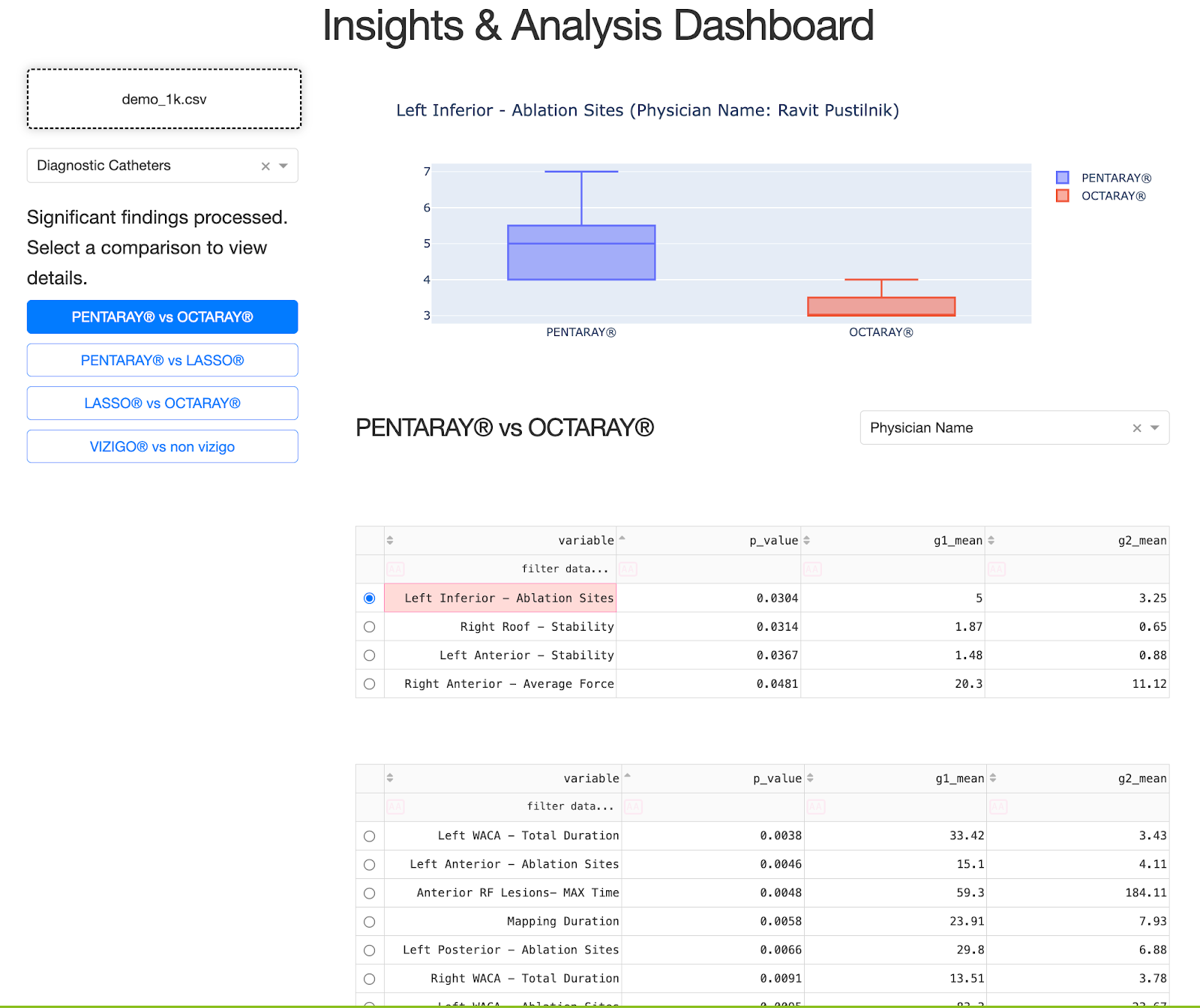
Objective:
The Cartonet Analysis Dashboard is a powerful tool developed to assist marketers at Johnson & Johnson (J&J) in making data-driven decisions. Using AI-driven insights and advanced analytics, this dashboard helps optimize marketing strategies by delivering actionable information quickly and effectively.
Key Features:
- Automatic Insights for Smart Marketing Decisions:
- Automatically analyzes vast datasets to highlight significant insights, helping marketers identify trends, opportunities, and areas for improvement efficiently.
- Patient Report Analyzer:
- Allows users to view and explore multiple patient datasets in a single location. The data is presented in an interpretable, user-friendly manner, making it easy to compare and analyze.
- AI-Based Predictive Modeling:
- Uses AI to identify potential customers with high accuracy. For example, it can predict with 96.8% probability that a customer from Italy using a V TACH catheter will make a purchase.
Case Study: Improving Marketing Decisions with AI Insights
Problem:
Marketers at J&J struggled with managing vast datasets and quickly identifying actionable insights for optimized marketing strategies.
Solution:
The Cartonet Analysis Dashboard was developed to provide automatic insights, helping marketers make informed decisions by analyzing trends and customer behaviors:
- Marketers used the dashboard to optimize marketing efforts by quickly identifying trends and targeting high-probability customers.
Benchmark Results:
- Demonstrated an improvement in marketing strategy efficiency by 20%, as marketers were able to target potential customers with high accuracy.
Screenshots Overview
- Dashboard Overview: A screenshot showing the main dashboard interface, where users can access various reports, insights, and analytics features.
- Patient Report Analyzer: A visual representation of the patient data analyzer tool, highlighting its capability to compare and explore multiple datasets in a user-friendly format.
- Predictive Modeling Insight: An example screenshot of the predictive model output, showcasing how the system identifies potential customers and the factors contributing to a high likelihood of purchase.
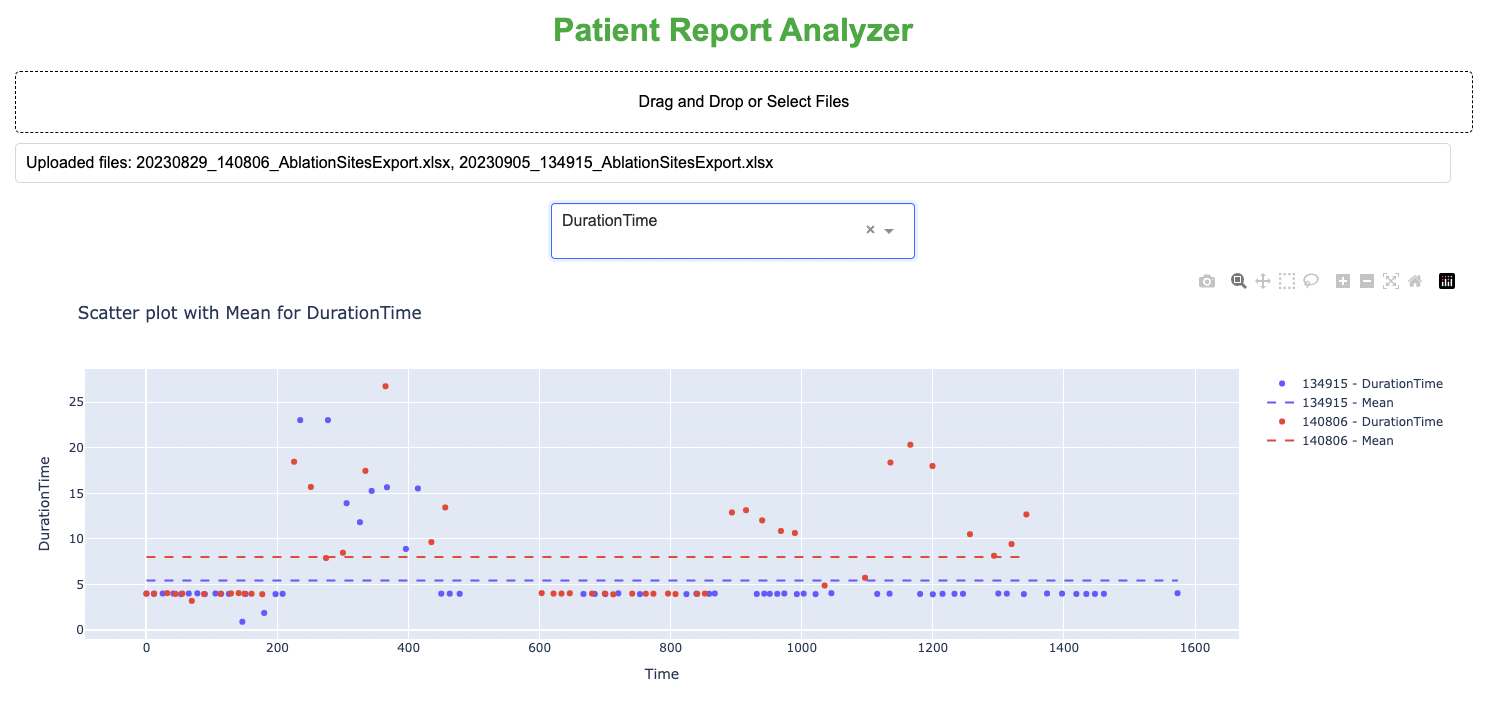
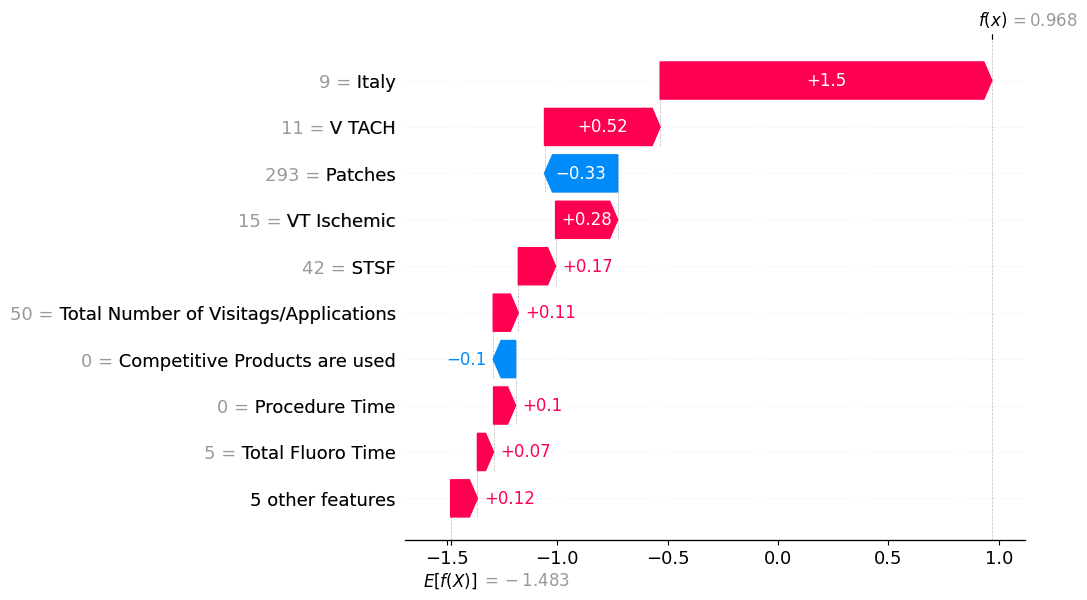
Next Steps
- Continue refining the predictive models to further improve accuracy and customer targeting.
- Enhance the user interface for better data visualization and ease of use for marketers at J&J.

Marketing Mix Modeling (MMM) Project

Objective:
Empower marketers to make data-driven decisions and optimize their marketing strategies by leveraging Marketing Mix Modeling (MMM) without the need for advanced coding skills.
Challenges:
- Ensuring accurate attribution of marketing impact across multiple channels.
- Providing a no-code solution for marketers to perform MMM analysis.
Solution:
- Utilized advanced tools like Facebook's Robyn, Google's Lightweight MMM, and the FixedPoint.Orange3 plugin to offer an accessible, yet powerful MMM solution.
- Designed a system that enables marketers to evaluate their ROI and strategically plan for future campaigns based on historical data.
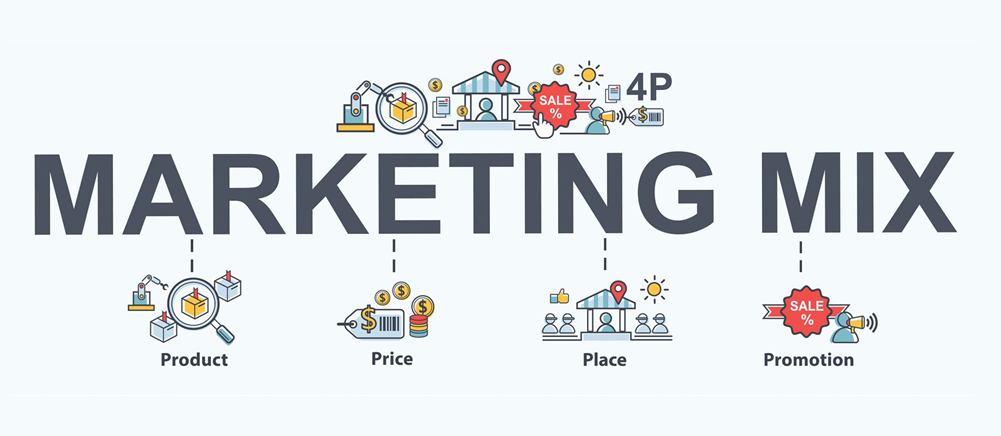
Case Study 1: Improving Marketing ROI
Problem:
Clients faced difficulty in accurately attributing marketing performance to individual channels, leading to inefficient budget allocations.
Solution:
Using Facebook's Robyn and Google's Lightweight MMM, we developed an attribution model that accurately reflects channel impact, leading to a more informed decision-making process:
- Enabled a 15% increase in ROI by focusing on the most effective marketing channels.
Benchmark Results:
- Demonstrated improved attribution accuracy and overall marketing effectiveness after the implementation.
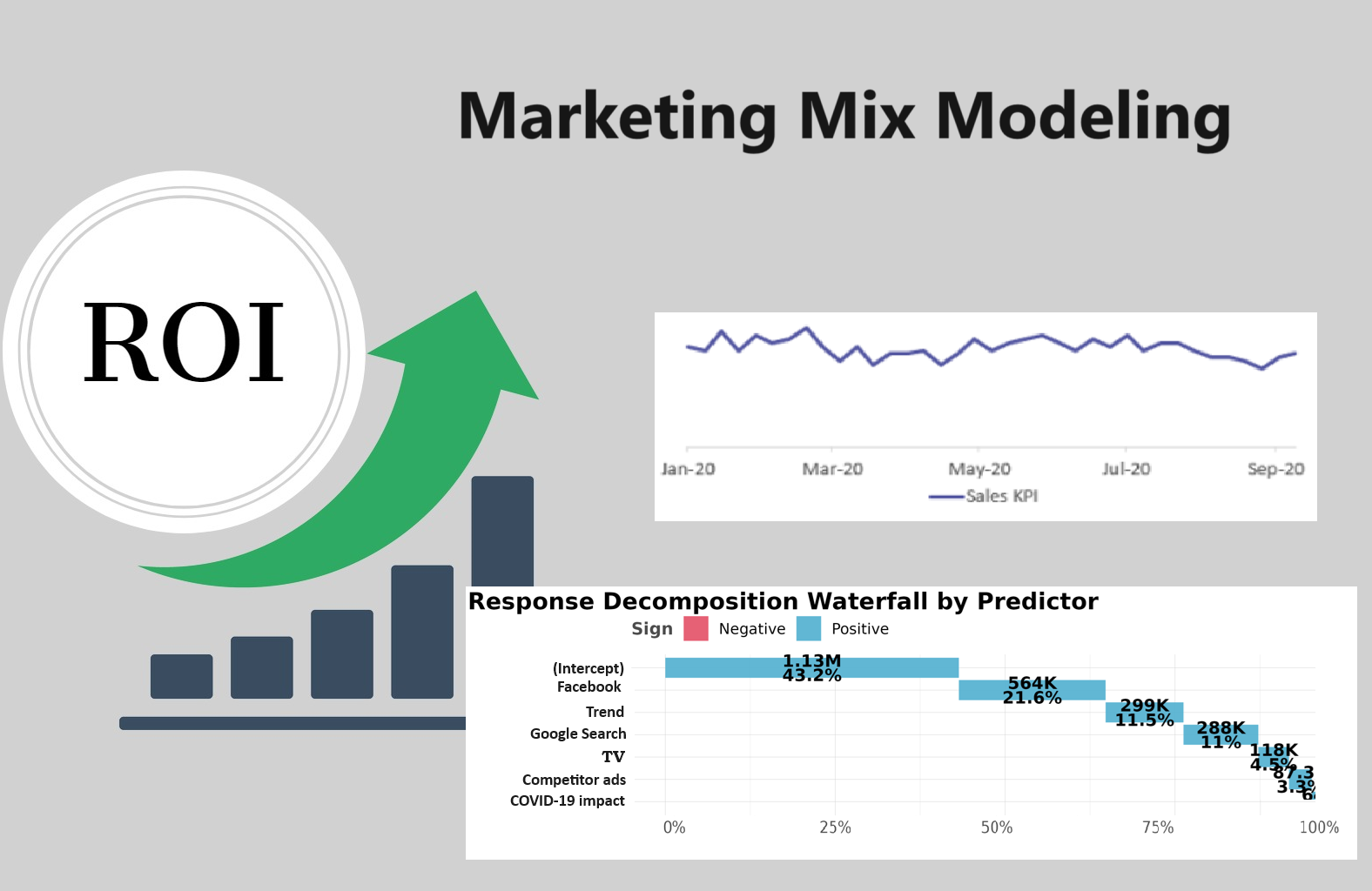
Case Study 2: No-Code MMM for Marketers
Industry Challenge:
- Marketers without technical expertise struggle to leverage the full power of MMM due to its complexity.
Problem:
- Technical barriers prevent many marketers from effectively utilizing MMM tools.
Solution:
- Implemented FixedPoint.Orange3, a no-code MMM solution, allowing marketers to easily experiment with and understand MMM concepts without the need for programming skills.
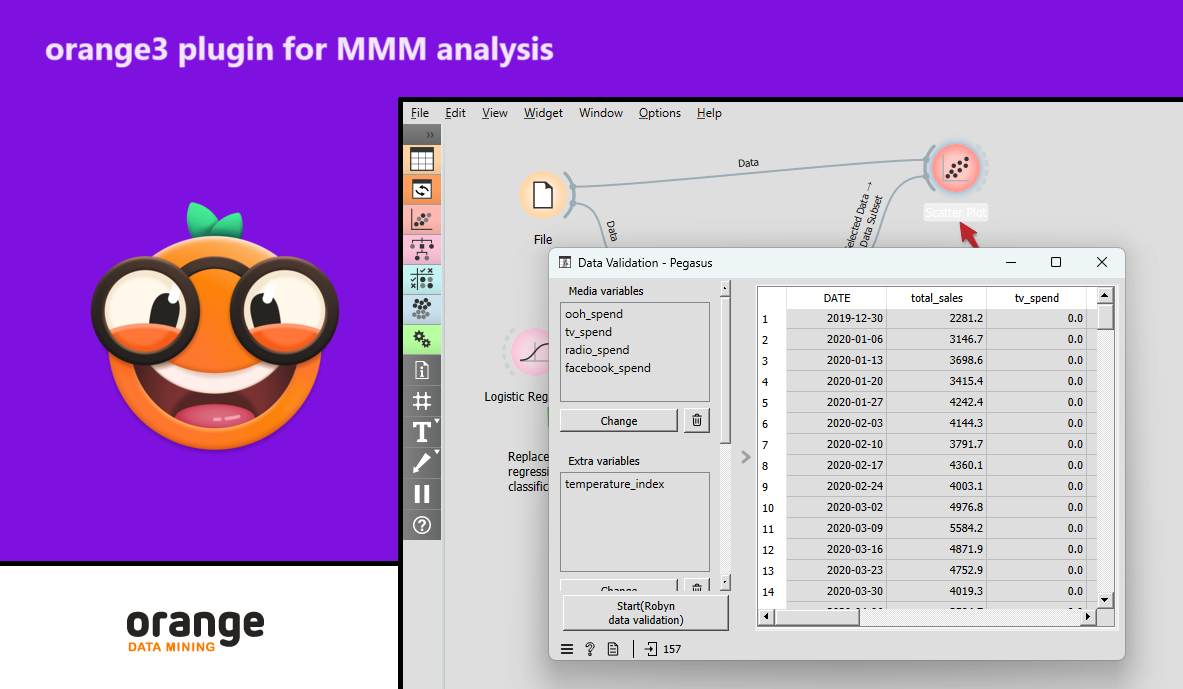
Price suggestion
Due to the advanced nature of MMM and the accessibility of no-code solutions, pricing for this project would range from $40,000 to $90,000, depending on the specific features and implementation scale.
Note: A more precise pricing estimate requires a detailed competitor comparison and market analysis for similar MMM solutions.